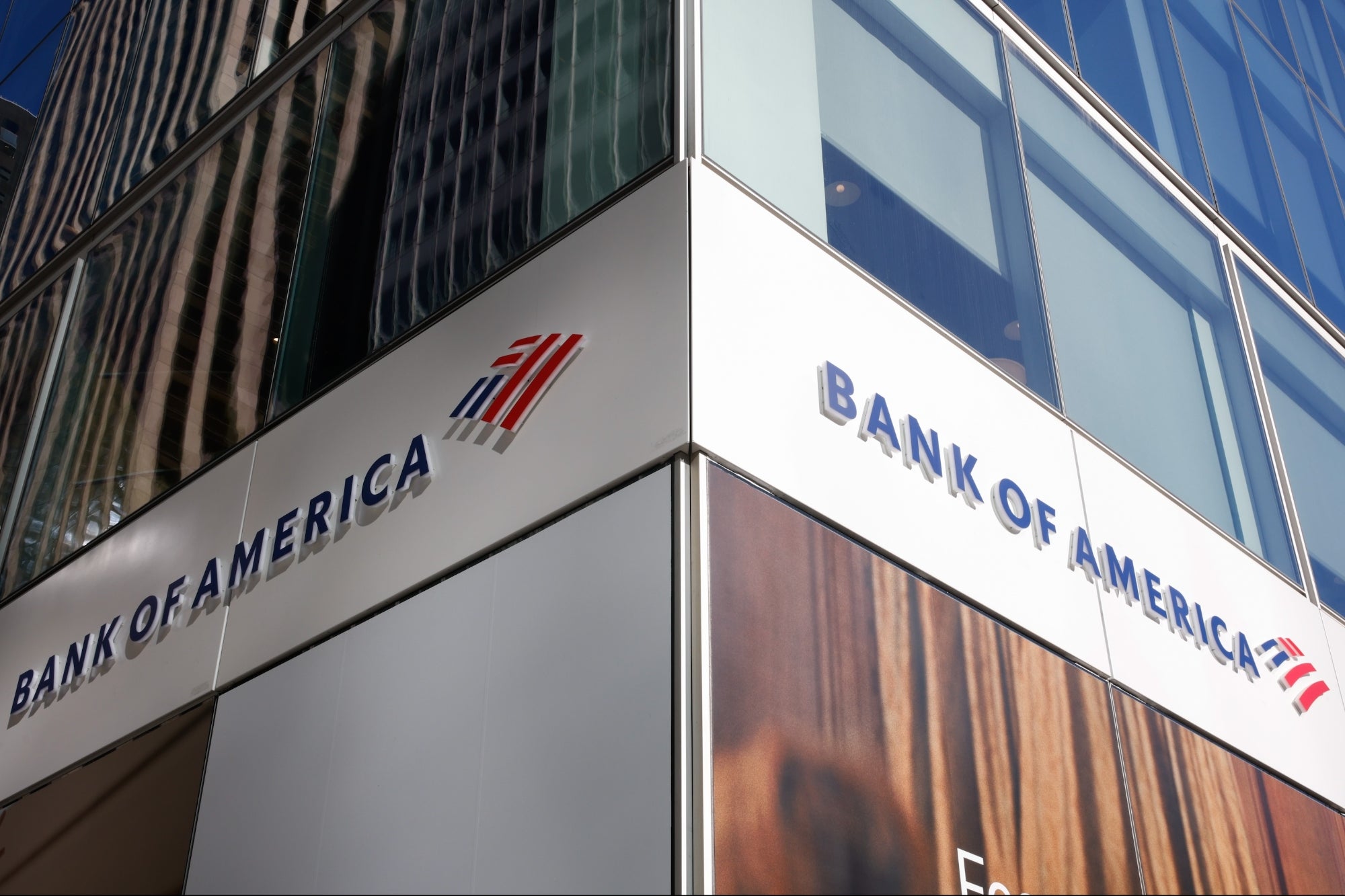Trading in Commodity Derivatives- Benefits and Importance for Young Entrepreneurs/Traders The Indian commodity derivatives exchanges are playing an important role in helping market participants to manage risk exposure on account of price volatility and making money for traders
By Tejas Khoday
Opinions expressed by Entrepreneur contributors are their own.
You're reading Entrepreneur India, an international franchise of Entrepreneur Media.

In India, the commodity derivatives markets have a large scope to develop. We are still in the first stage of development when it comes to utilizing derivatives in the commodity market. While a majority of investors and traders invest in the stock market, there are many who have neglected raw materials. Commodities definitely offer investors a safe hedge during the time of inflation and hedge against price movement in the physical commodity market. To trade in the commodity market, it is important to familiarize yourself about the basic concepts.
In today's highly volatile outlook, fluctuations in prices of import and export products can directly affect your profit margin. Commodity futures helps you to acquire or sell commodities at a price decided months before the actual transaction, thereby nullifying the risk associated with any price changes that happen consequently.
The growing importance of the commodity markets is increasing day by day. Although, Indian commodity derivative market need to travel miles to cope up with global standard and kinds of product traded on global exchanges which is a possible opportunity missed by Indian commodity trader.
The Indian commodity derivatives exchanges are playing an important role in helping market participants to manage risk exposure on account of price volatility, in addition to making significant contributions for modernizing and improving the efficiency of our commodity sector.
Many of the participants in the established commodity market are hedgers, their motive is to employ commodity markets to reduce a certain risk such as price mortality. Key players of the commodity market are - hedgers, speculators and arbitrageurs. Each of these players has its own strategies to take advantage of price action movement.
If You Are an Importer, Exporter or Producer of a Commodity, You Benefit in The Following Ways-
If You Are a Producer (Farmer) of the Commodity
There is a possibility that the price of your merchandise may come down drastically at the time of harvest. By taking positions in commodity futures, you can effectively lock-in the price at which you wish to sell on a later point in time also selling commodity futures contracts can give you assured demand for your product.
If You Are an Entrepreneur And Deal in Large Volume
The raw material cost delivers the final price of your output. Any sudden rise in the price of the commodity can enforce you to pass on to the customers, which results in a declined demand for your product in the market. On the other hand, if you are incapable to pass on the costs to the customers, your profit margins and profitability will be tossed and can lose competitiveness. Through commodity derivatives, you can lock-in the price of your raw materials beforehand.
While Trading in Commodity Derivative Markets Exchanges, as Well as Brokerages, Plays a Critical Role in Certain Ways And Offer The Following Benefits -
High Leverage - You can take a position in a particular commodity by paying only a fraction of the contract value as a margin. Moreover, a margin and the transaction cost in the commodity market is much lower than the equity futures and options. The low margin requirements in the commodity futures contracts helped small traders/businessmen to take hedge positions without having to luck up much capital.
Reliable - The commodity market is dictated by international price movements and less prone to rigging or price manipulation and less volatile compared to other tradable asset classes. This helps to create a reliable hedge with little to no price manipulation or related risks unless the commodity is local and has a small distribution setup.
Diversification - Commodity prices are prone to supply-demand dynamics, weather conditions, geopolitical tensions and natural disasters. For example, the prices of stocks may fall during a financial crisis although, gold prices may rise as demand for this cherished asset increases. Commodity returns usually have negative correlations with the returns of other asset classes. So often, when bonds and stocks fall, commodities rise. A diversified portfolio with a low correlation between its assets tends to have less volatile returns. Thus, investing in commodities ensures diversification to the portfolio and improves risk-adjusted returns.
Better Price Discovery - In a decentralized OTC market. There could also be a monopoly of commodity dealers/stockists which can affect the price discovery. Lack of a centralized market for most commodities makes it difficult to discover real prices especially in places where there is a scarcity of dealers. However, the exchange mechanism enables price discovery with which one can overcome such shortcomings.
The course of action leads you to a fair price discovery which is backed by large scale participation.
Counterparty Risk - Commodity prices are so volatile can leads to adverse events of default in terms of the contract. Commodity exchange handles these risk through a clearinghouse and enough upfront margin for both parties in trade.
High Return - Commodity markets are volatile and offer frequent swings in prices. If one can trade with proper strategies and risk management can lead to higher return compared to other asset classes.
Longer Market Hours - The timings of the commodity markets are favourable to overnight traders as the market is open through the US hours. Thus, traders are less susceptible to gap ups/gap downs in prices in overnight trades as compared to currency derivatives in India.
Predictable Pricing– Unlike investing in stocks which are susceptible to more variables than commodities. For example, in a company, there is a lot more focus on the management, financials of the company, quarterly performance, peer group performance, news etc. In comparison, the commodity markets are much simpler to predict and are more in line with the and demand/supply factors.
Physical Delivery and Improved Quality- Exchange-traded commodity derivative contract offers an option to the trader to settle contract in cash or through physical delivery of the commodity. The actual delivery of the commodity can take place on expiry of the contract. Exchanges ensure uniform standardization of commodity trade, including the terms of the quality standard to have the potential to become the norm for physical trade. For physical delivery, the member needs to provide the exchange with prior delivery information.
In today's worlds businesses, have gone beyond the cross border and gained a scale and price mortality is a critical attribute to focus. It is very important to maintain the hold on the market in the volatile conditions. The existence of commodity derivative product can boost your profit margin upon the nature of your business and exposure to the price risk.
Where Things are Today- With the launch of commodity options during 2017-18, both futures and options contracts are traded on India's commodity derivative exchanges and with effect from 1st April 2018, the tax to be paid by the purchaser on exercise of an options contract on commodity derivative has been cut to 0.0001 per cent (on settlement value) from 0.125 per cent. Which boosted interest in options contracts and could see exchanges launching new commodity option contracts in the coming year. Currently, exchanges involved in Agri and non-Agri based commodities. Commenced options trading in Copper, Crude oil, Gold, Silver, Zinc and launched first-ever Brass futures contract in the world after launching Gold options. It shows that the market has just started to open up and the participation of traders, hedgers, importers and exporters is required to make the commodity markets more inclusive and useful to the economy. With higher participation, eventually, we may see the introduction of more agricultural and socially sensitive commodities being listed on the exchanges. There are a lot of benefits which can be derived from this ecosystem but awareness is lacking and MBA/Commerce colleges should teach their students this in more detail.











